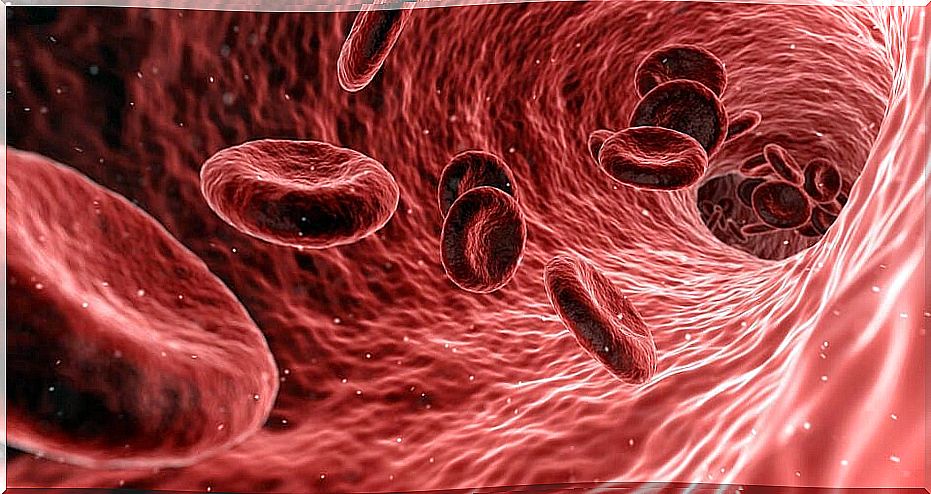Hughes Syndrome And Miscarriages

Are you trying to get pregnant and your desire is to achieve a successful pregnancy? If you have suffered miscarriage or several miscarriages, you may be in the presence of Hughes syndrome.
This recent pathology has been the subject of multiple studies that currently make it possible to treat patients and offer a better quality of life.
What is Hughes syndrome?
It is a rare condition where blood appears viscous and sticky in texture. This characteristic causes those who have the disease to have a tendency to form clots in the blood vessels, called thrombosis.
It can occur in any vein of the circulatory system and even in the arteries, thereby increasing the risk of stroke.
In the case of pregnant women, spontaneous abortions occur in the second trimester of pregnancy since the placenta is not resistant.

Causes of Hughes syndrome
This pathology is also known by the name of antiphospholipid antibody syndrome or APS. It is that reason the cause of the disease, a manufacture of abnormal proteins designated as antiphospholipid autoantibodies in the blood. These antibodies stimulate the activity of the immune system, promoting accelerated blood clotting.
Types of Hughes syndrome
- Primary. It is considered primary when it is not associated with other diseases such as lupus.
- Secondary. It is that condition generated by an autoimmune disease, where damage is exerted on various body systems, including the vascular one.
Hughes syndrome symptoms
In general, this pathology does not have symptoms that warn of its presence. However, it has some signs that can be confused with other diseases. The most frequent can be:
- Severe headaches (headaches or migraines).
- Joint pains
- Circulation disorders.
- Cold skin.
- And in acute cases, epilepsy and purplish-blue coloration of the skin. Especially in the area around the knees and elbows.
In pregnant women with Hughes syndrome, abortions occur during the first 10 weeks of pregnancy. In some cases, it is possible to reach 34 weeks for premature delivery.
How is Hughes syndrome diagnosed?
For the diagnosis of this syndrome it is necessary to go to a doctor’s consultation. There the doctor will evaluate the woman’s history, family history, perform a physical examination and request certain laboratory tests to rule out the presence of the disease.
Also, it is important that the doctor is given information about the appearance of blood clots and the other symptoms that you present.
It should be noted that Hughes syndrome is a disease that is detected in people of all ages and that, with good treatment, you can have a good quality of life.
Common complications of Hughes syndrome
This condition can be treated with aspirin, heparin, or warfarin. All of these anticoagulants in specific doses help prevent blood clots.
If not diagnosed in time, Hughes syndrome can lead to other complications such as stroke and stroke, also blindness and heart attacks. In addition, the creation of clots in the body that reduces the possibility of supplying a constant blood flow.
Another complication related to this disease is a blood clot in the lung. This causes shortness of breath, chest pain, and coughing.

Hughes syndrome and pregnancy
Despite all the complications that Hughes syndrome causes, it is possible to maintain a successful pregnancy. In the case of planned pregnancies, it is recommended to undergo pre-treatment to thin the blood before conception.
Otherwise, the woman can suffer from clots in the placenta that prevent the supply of nutrients to the child, which leads to miscarriages and even pre-eclampsia.
On the other hand, if conception has occurred, most doctors safely prescribe aspirin. This treatment helps reduce the viscosity of the blood and can guarantee success by up to 80%.
In conclusion, early treatment enables a successful battle against Hughes syndrome and avoidance of miscarriages.










